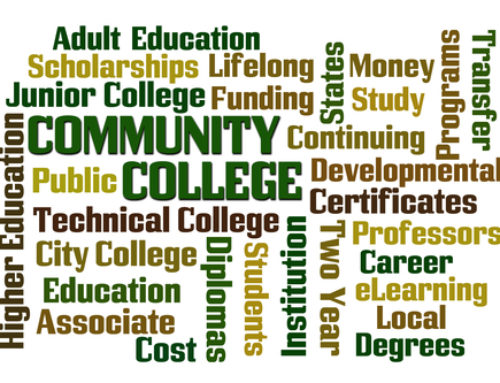 It seems to be common knowledge these days that, to get a “good” job, you need a college degree. Indeed, a 2010 report published by Georgetown University’s Center on Education and the Workforce predicted that by 2018, 63% of jobs in the U.S. will require post-secondary education.
It seems to be common knowledge these days that, to get a “good” job, you need a college degree. Indeed, a 2010 report published by Georgetown University’s Center on Education and the Workforce predicted that by 2018, 63% of jobs in the U.S. will require post-secondary education.
But once you earn a degree, what, exactly, are you capable of doing? Does graduating from college guarantee that an individual possesses certain knowledge and skills? No, says Jeff Selingo, author of College (Un)bound: The Future of Education and What It Means for Students.
In a recent article, Selingo argued that, under our current system of awarding credits based on time spent in the classroom, we are doing nothing to ensure that students learn anything in said classrooms. He proposed instead that students earn credits for demonstrating what they know – a concept that’s been termed “competency-based education”. In the past year, three colleges began offering competency-based programs. Another college has offered only this type of program since it opened in the late 1990s.
In the competency-based model, students work at their own pace with the assistance of faculty mentors. Once students demonstrate mastery of a concept through assignments and tests, they can move to the next concept or class. This enables students who learn more quickly to complete courses (and a degree) in less time. Likewise, students who take longer to learn the material can have the extra time they need.
In addition to giving students the flexibility to do self-paced work, Selingo points out that competency-based education is cheaper than a traditional college degree. If students can complete degrees more quickly, they can save thousands of dollars in tuition.
While the competency-based model has some clear benefits, I believe it also has drawbacks. The most significant, in my opinion, is the removal of the peer element of learning. I firmly believe that students learn not only from their teachers, but also from their peers. By working individually, students will lose out on the opportunity to learn from each other.
Additionally, the competency-based model does not allow for group work. While there are some jobs in which employees can work in isolation, more and more employers are requiring people to work as a team. If students are not able to gain group work experience in college, how successfully will they be able to do it in the “real world”?
I agree with Selingo that college graduates need to be able to show more for their education than the piece of paper on which their degree is conferred. I also feel that the cost of college has gotten out of control. However, I’m not sure that competency-based education, in and of itself, is the way to fix these problems.





